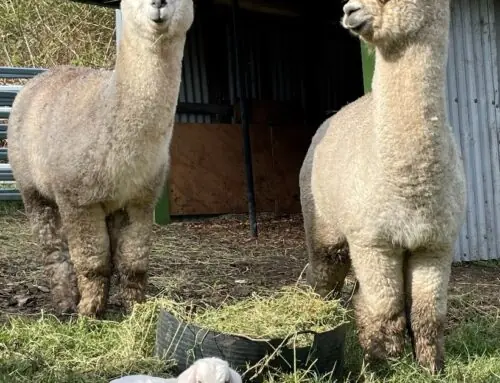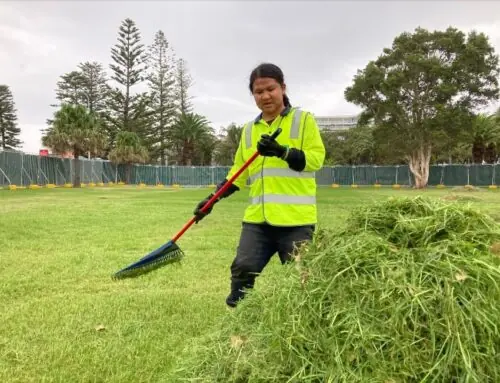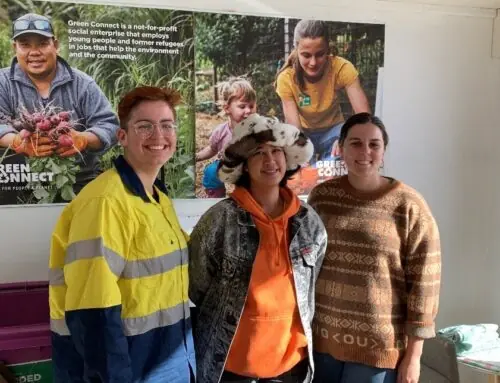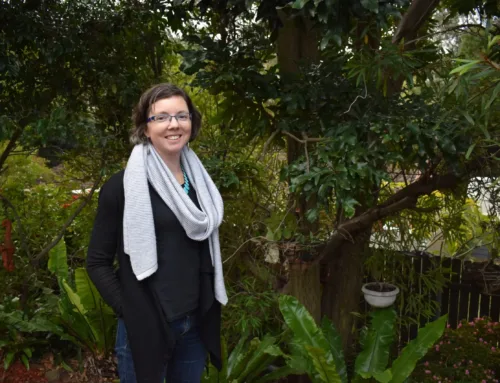 Upon meeting Eh Moo for the first time, his smile is bright and inviting. His warm personality immediately creates an amicable vibe between us. We settle on a bench in the sun and for the next 30 minutes, we are entranced by his story.
Upon meeting Eh Moo for the first time, his smile is bright and inviting. His warm personality immediately creates an amicable vibe between us. We settle on a bench in the sun and for the next 30 minutes, we are entranced by his story.
~ A bit of history…
After Burmese independence from the British in 1948, the various ethnic groups were forced to take arms to fight for their freedom and protect their lands from Burmese government. The country was forced into civil war with the newly formed Burmese government – thus began one of the longest armed conflicts of the modern era, characterized by systematic and brutal processes of ethnic cleansing and genocide. Fragile cease-fire agreements were signed in 2012 and 2015 but the Kayah state, formerly the Karenni state, remains one of the most isolated and disadvantaged regions of what is now known as Myanmar.
~
Eh Moo was born in the Karenni state, Burma. His life had a rocky start: born on the border of Thailand and Myanmar, he and his family were displaced every six months before moving to a refugee camp when he was a young child.
Eh Moo spent most of his youth in a refugee camp, with little opportunity for travel and no job opportunities. What little job opportunities there were came with little compensation. Growing up, Eh Moo’s family provided medical services to people living in the camp; receiving little income for their services.
In 2007, whilst in his teens, Eh Moo moved to Australia with his family. Despite initially not speaking English, Eh Moo quickly learned the language through finishing his schooling at Warrawong High School and studying English at TAFE.
After high school, Eh Moo completed his diploma in Community Service at TAFE and began his employment journey with Green Connect by working in the office in Port Kembla. After learning about the farm, Eh Moo applied to start working there, despite never gardening a day in his life! Five years on Eh Moo loves the farm and working outside.
“After I finished my studies, I was scared to look for a job as I had no local work experience. Green Connect offered me one and it has helped me physically and emotionally. Especially during the pandemic, we can’t go out much but working here I can get in touch with friends and make new friends, and also get in touch with plants, animals and nature. I am very blessed to be here.”
He gets to do a bit of everything, he tells us, from planting, to looking after the animals, to weeding and watering, to doing the intense work involved in the first few months of a plant’s life. “Every day is different,” he says, adding “I feel very close to everyone at Green Connect and we love each other. Even though we work for Callum, there is mutual respect, and we share knowledge. We had chance to build a fence on the farm using traditional Karenni methods, and it brought back memories for me.”
He also expresses how much it means to him to have the opportunity to meet people from other parts of the world, explaining that “Most of the Karenni in Wollongong know each other, but I’ve also had the chance to make friends with people from different cultures. It’s a chance to practice my English and it’s made me more confident in speaking.”
He stops briefly, looking over the farm. “Green Connect changed my life… I’m not sure what I would do without it.”
One day, Eh Moo hopes to return to his homeland and teach fellow Karenni how to use permaculture farming techniques in an organic and sustainable way. He explains the intricacies of taking advantage of the landscape to irrigate and store rainwater for year-round access to cultivatable soil. He has already started this venture with a very willing participant: his daughter.Eh Moo considers Australia one of his homes now. “When we were kids, we thought the camp was our home, but Australia is my home now and my first country to be a citizen.”
From ‘having no future’ in the refugee camps of his youth, Eh Moo now has a job, a family of his own, and a country he loves.
~ Emily Craig and Jess Holloway








Leave A Comment
You must be logged in to post a comment.